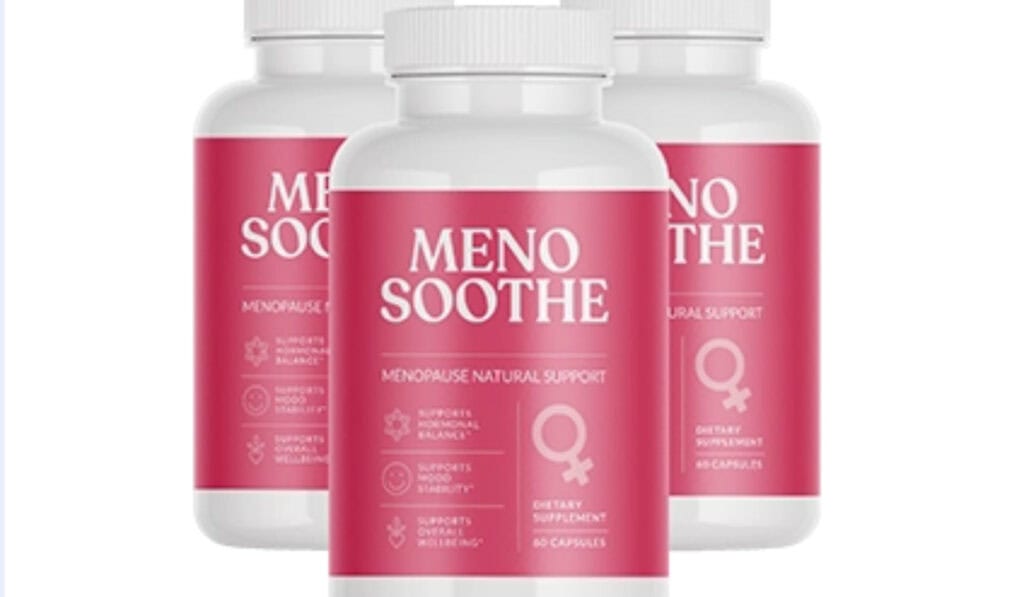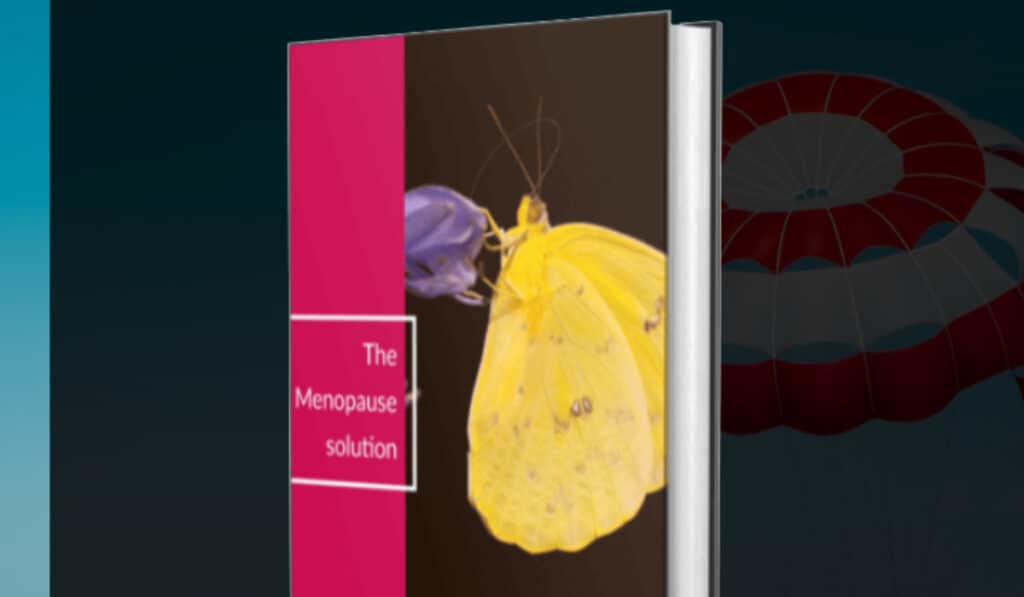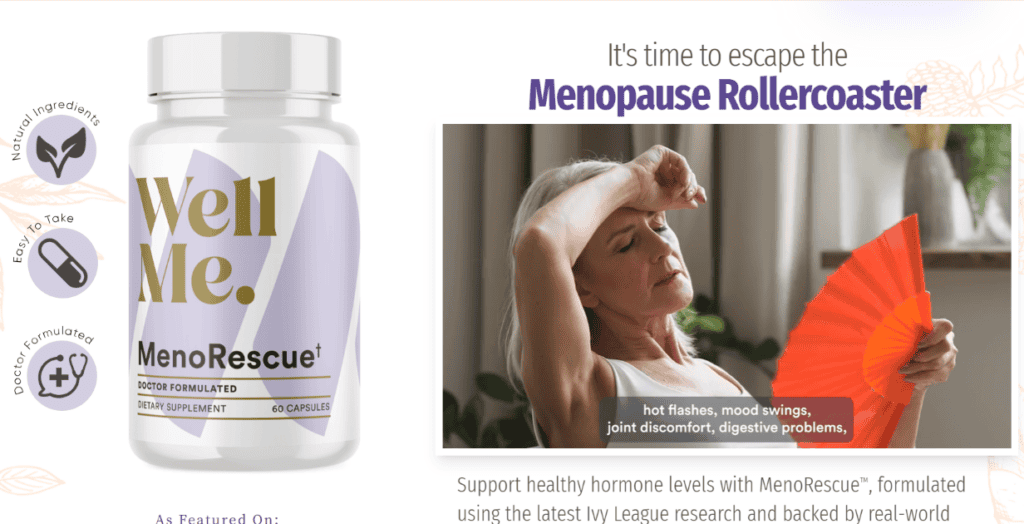A Comprehensive Guide
As you approach or enter menopause, your body undergoes various changes, one of which affects your bones. During this time, the balance between bone formation and bone resorption shifts, leading to a decrease in bone density. This process is influenced by factors such as peak bone mass reached in earlier years and the rate at which trabecular bone, a type of spongy bone inside your bones, is lost.
Lifestyle factors, including diet, exercise, and habits like smoking or excessive alcohol intake, play a significant role in bone health. A higher body mass index (BMI) can also impact bone density, although the relationship between BMI and bone health is complex. Understanding these dynamics is crucial for preventing increased bone loss and diagnosing osteoporosis early.
The diagnosis of osteoporosis, a condition characterized by weakened bones and an increased risk of fractures, hinges on recognizing these changes in bone density. By staying informed and proactive, you can take steps to protect your bone health during menopause, a time when your body’s natural bone preservation mechanisms are evolving.
Introduction to Menopause and Its Impact on Bone Health
Menopause marks the end of a woman’s reproductive years and brings about significant changes in the body, including how bones are maintained. This period is often accompanied by symptoms like mood swings, which, while primarily emotional, can indirectly affect physical health, including bone health.
The decline in estrogen levels during menopause directly impacts bone density, making bones weaker and more prone to fractures. Understanding this connection is vital for taking early action to maintain bone strength.
The Biological Process of Menopause
Menopause is a natural biological process characterized by the cessation of menstrual cycles, marking the end of a woman’s reproductive years. It typically occurs in the late 40s to early 50s. The years leading up to menopause, known as perimenopause, involve significant hormonal changes, including a decrease in estrogen production.
This decrease in estrogen is crucial because estrogen plays a key role in maintaining bone density. As estrogen levels drop, the risk of bone density decline increases, highlighting the importance of monitoring bone health during this transition.
Link Between Menopause and Bone Density Decline
During menopause, the decrease in estrogen levels leads to an increase in bone resorption, where bone is broken down faster than it is formed. This imbalance results in a loss of bone mass and density, particularly in trabecular bone, which is most sensitive to these hormonal changes.
Factors such as peak bone mass achieved earlier in life and lifestyle choices influence how significantly bone density declines during menopause. Those with higher peak bone mass and healthier lifestyles may experience less severe bone density loss, underscoring the importance of bone formation and maintenance throughout life.
Key Factors Influencing Bone Health During Menopause
Several factors play a pivotal role in determining bone health during menopause, including genetic predisposition, dietary habits, physical activity levels, and lifestyle choices. Each of these elements can either mitigate or exacerbate the natural decline in bone density that accompanies menopause.
Understanding Postmenopausal Osteoporosis
Postmenopausal osteoporosis is a condition where the bones become weak and fragile due to accelerated bone density loss after menopause. This condition significantly increases the risk of hip fractures, which can have profound implications for a woman’s health and quality of life.
Pathogenesis of Postmenopausal Osteoporosis
The pathogenesis of postmenopausal osteoporosis involves an imbalance between bone resorption and bone formation. After menopause, the rate of bone resorption exceeds that of bone formation, leading to a gradual loss of bone mass. This process is exacerbated by the decrease in estrogen levels, which plays a crucial role in regulating bone metabolism.
Hip fractures are a common and serious outcome of this condition, often resulting in decreased mobility and independence. Understanding the pathogenesis of postmenopausal osteoporosis is essential for developing effective prevention and treatment strategies.
Risk Factors for Accelerated Bone Density Loss
Several factors can increase the risk of accelerated bone density loss and the likelihood of developing osteoporosis. These include a family history of osteoporosis, which suggests a genetic predisposition, and lifestyle factors such as insufficient calcium intake and physical inactivity. Awareness of these risk factors is crucial for early intervention and prevention.
Genetic, Dietary, and Lifestyle Contributors
Genetics play a significant role in determining bone density and the risk of osteoporosis. However, dietary and lifestyle choices also have a profound impact. A healthy diet rich in calcium and vitamin D, along with regular weight-bearing exercise, can help maintain bone health and reduce the risk of osteoporosis.
Conversely, alcohol intake and smoking can negatively affect bone health. Moderating these behaviors can significantly contribute to preserving bone density during menopause and beyond.
Stages of Menopause and Bone Density Changes
The stages of menopause, from perimenopause to postmenopause, are marked by significant hormonal changes that affect bone density. Understanding these stages can help anticipate and manage bone health challenges.
During the early transition into menopause, women may begin experiencing bone density loss. This period is critical for implementing strategies to slow the rate of bone loss and maintain bone health.
Early Menopause Transition and Bone Health
The early menopause transition is a period when hormonal fluctuations begin to impact bone health. During this stage, women may start losing bone density at a faster rate, underscoring the importance of monitoring bone health and adopting bone-friendly lifestyle changes.
Interventions such as increased physical activity, calcium and vitamin D supplementation, and avoiding smoking and excessive alcohol consumption can help mitigate bone loss during this critical period.
Late Menopause Transition and Its Effects on Bone Density
As women progress into the late stage of menopause transition, the decline in estrogen levels becomes more pronounced, leading to an accelerated loss of bone density. This stage requires heightened vigilance and potentially the introduction of medical interventions to protect bone health.
Regular bone density screenings become increasingly important to detect early signs of bone loss and initiate appropriate treatments to prevent osteoporosis and related fractures.
Ethnic Variations in Bone Density Decline
Research shows that bone density decline during menopause can vary significantly across different ethnic groups. These variations are influenced by genetic factors, bone formation and resorption rates, and differences in lifestyle factors and body mass index.
Understanding these ethnic differences is crucial for developing tailored strategies for bone health management and prevention of osteoporosis in diverse populations.
Comparative Study of Bone Density Changes Across Ethnicities
Studies comparing bone density changes across ethnicities reveal that some groups may experience higher rates of bone loss and have different risk profiles for osteoporosis. Factors such as diet, physical activity levels, and genetic predisposition contribute to these differences.
These insights highlight the importance of personalized approaches in managing menopausal bone health, taking into account the unique risk factors and bone density changes specific to each ethnic group.
Strategies for Managing Bone Density Decline
Managing bone density decline during menopause involves a combination of lifestyle adjustments, dietary interventions, and possibly medical treatment. Key strategies include promoting bone formation through exercise and ensuring adequate intake of calcium and vitamin D.
Maintaining healthy trabecular bone through lifestyle choices and medical interventions can help mitigate the impact of menopause on bone health. Regular monitoring and early intervention are crucial for preventing osteoporosis and protecting against fractures.
The Window of Opportunity Hypothesis for Bone Preservation
When you reach menopause, your body goes through many changes, especially with your bones. There’s a theory called the “window of opportunity” that suggests there’s a special time after menopause starts when you can do a lot to keep your bones strong. This is because, during this time, your body might respond better to efforts to keep bones healthy, like eating foods rich in calcium and doing exercises that make your bones work hard.
To make the most of this window, it’s important to start taking care of your bones as soon as menopause begins. This means eating right, staying active, and maybe even taking supplements if your doctor thinks you need them. By doing this, you can help your bones stay strong and lower your chances of having problems like fractures later on.
Current Approaches in the Management of Postmenopausal Osteoporosis
For women after menopause, keeping bones strong is a big focus. Doctors use something called bone turnover markers to see how fast bones are being broken down and made again. This helps them understand the health of your bones. Many post-menopausal women also take vitamin D and calcium because they help keep bones healthy. These nutrients work together to make sure calcium levels in your blood are just right, which is important for strong bones.
Another way doctors help is with antiresorptive therapy. This treatment slows down the rate at which bones are broken down. Some women might also take medicines that help rebuild bone. Your body size, like how big or small your frame is, can also affect your bone health. So, it’s important to talk to your doctor about the best way to keep your bones strong, considering your unique body and health.
Innovations in Monitoring and Treatment
Scientists are always finding new ways to check on bone health and come up with better treatments. One big step forward has been in how we can now see bone formation. This means doctors can get a better idea of how well your bones are doing and how treatments are working.
Also, treatments are getting better and smarter, making it easier for doctors to help you keep your bones strong. This means that managing bone health, especially after menopause, is becoming more effective, giving many women a better chance at staying active and healthy.
Advances in Bone Mineral Density (BMD) Assessment
One of the key ways doctors check on bone health is by measuring something called bone mineral density, or BMD for short. This helps them see how thick and strong your bones are. Recently, there have been big improvements in how this is done, especially in looking at the trabecular bone, which is a spongy kind of bone inside the bigger, harder bones. This spongy part is really important for your bone’s strength.
With better tools to measure BMD, doctors can now catch problems earlier and give better advice on how to keep your bones strong. This is especially helpful for women after menopause, when the risk of bone problems gets higher.
Emerging Therapies and Preventative Measures
There’s a lot of research going on about how to prevent bone problems, especially for women who are older. Some of this research looks at how certain treatments for breast cancer might affect bone health. Also, doctors are getting better at using something called fracture risk assessment to figure out who might be more likely to break a bone. This helps them give better advice to protect your bones.
For women’s health, understanding the risks and benefits of new treatments is really important. This helps you and your doctor make the best choices for keeping your bones strong as you get older. There are always new things being discovered that can make a big difference in preventing bone problems.
The Role of Endocrinologists and Healthcare Professionals
When it comes to keeping your bones healthy, especially after menopause, endocrinologists and other healthcare professionals play a big role. They have a lot of knowledge about how your body works and can give you advice on how to take care of your bones. They can also help you understand different treatments and find the best way to keep your bones strong.
It’s really important to work with these experts because they can help you make good choices for your bone health. They can guide you through changes in your body and help you find ways to stay active and healthy.
Finding the Right Specialist for Bone Health Management
Finding the right doctor to help with bone health can make a big difference. You want someone who understands all about bones and how menopause affects them. This might be an endocrinologist, who specializes in hormones and how they impact your body, including your bones.
When looking for a specialist, it’s a good idea to ask about their experience with postmenopausal women and bone health. This can help you feel more confident in their advice and the care plan they suggest for keeping your bones strong.
Patient Guides and Resources for Postmenopausal Women
There are many resources available to help postmenopausal women take care of their bones. For example, the National Osteoporosis Foundation offers guides and tips on how to keep bones healthy. They talk about how important it is to understand your fracture risk assessment and how your body weight can affect your bones.
These guides also give advice on the menopausal transition and how it affects your bones. By using these resources, you can get a lot of helpful information on how to protect your bone health during and after menopause.
The Future of Postmenopausal Bone Health Research
Scientists are always looking for new ways to understand and improve bone health for postmenopausal women. This means studying how things like diet, exercise, and hormones affect your bones. The goal is to find better ways to prevent bone problems and keep women healthy as they get older.
This research is really important because it can lead to new treatments and advice that can make a big difference in how well you can keep your bones strong after menopause.
Ongoing Studies and Clinical Trials
Right now, there are many studies and clinical trials focused on bone health. Some of these are looking at how calcium intake affects bones in different groups of women, like African-American women. This research is helping us understand what makes bones strong and how we can prevent problems.
By participating in these studies, women can help scientists learn more about bone health. This can lead to new discoveries and treatments that can benefit everyone.
Potential Breakthroughs in Bone Density Preservation
Scientists are working on finding new ways to keep bones strong as you get older. One area they’re looking into is how to increase the mineral content of bones. This could help make bones denser and less likely to break.
These potential breakthroughs are exciting because they could offer new hope for preventing bone problems in postmenopausal women. It’s a promising time for research in this area, and many are hopeful about what the future holds.
Empowering Women to Protect Their Bone Health
For women older than 50, taking care of your bones is really important. This includes eating foods that help your body to absorb calcium and being aware of risk factors for osteoporosis. By understanding these things, you can take steps to prevent breaking a bone.
Getting regular exercise, especially weight-bearing exercises, and eating a balanced diet are key. Also, it’s a good idea to avoid excessive alcohol consumption, as it can harm your bones. By taking these steps, you can help keep your bones strong and healthy.
Educational Initiatives and Community Support
Organizations like the Endocrine Society are working to help people learn more about how to take care of their bones. They offer information and support to help you understand how your body works and what you can do to keep your bones healthy.
Community support can also make a big difference. Sharing experiences and tips with others who are going through the same thing can help you feel supported and give you new ideas for taking care of your bones.
Advocating for Comprehensive Care in Postmenopause
After menopause, it’s important to make sure you’re getting the right care for your bones. This includes regular check-ups and talking to your doctor about how to prevent hip fractures, which are a big concern for many women.
By advocating for comprehensive care, you can make sure you’re doing everything possible to keep your bones strong. This means working with healthcare professionals to manage your health in the best way.
Conclusion: Navigating Bone Health Beyond Menopause
Going through menopause means dealing with changes like night sweats, vaginal dryness, and the end of menstrual periods. But it’s also a time to focus on keeping your bones strong. Eating a balanced diet, getting regular exercise, and avoiding things like excessive alcohol consumption can all help.
Remember, taking care of your bones now can make a big difference in how healthy and active you are in the future. With the right approach, you can navigate these changes and keep your bones strong for years to come.
Overcoming Challenges and Embracing Strategies for Healthy Aging
As you navigate through the menopause transition, understanding the importance of preventing bone loss is crucial. Adding more calcium in your diet and avoiding smoking and limiting alcohol can make a significant difference. Approximately 1 in 2 women over 50 will break a bone due to osteoporosis, highlighting the need for prevention and treatment of osteoporosis. By focusing on these areas, you can help maintain your bone health and reduce the risk of fractures.
Engaging in regular physical activity is essential for keeping bones strong. Weight-bearing exercises, like walking or jogging, can help maintain bone tissue and slow down rapid bone breakdown. It’s also important to know that certain behaviors, such as smoking and excessive alcohol intake, can increase the risk of osteoporosis and, therefore, lead to increased mortality due to bone breaks and non-spine fractures. By embracing healthier lifestyle choices, you can improve your body composition and support your bone health as you age.




